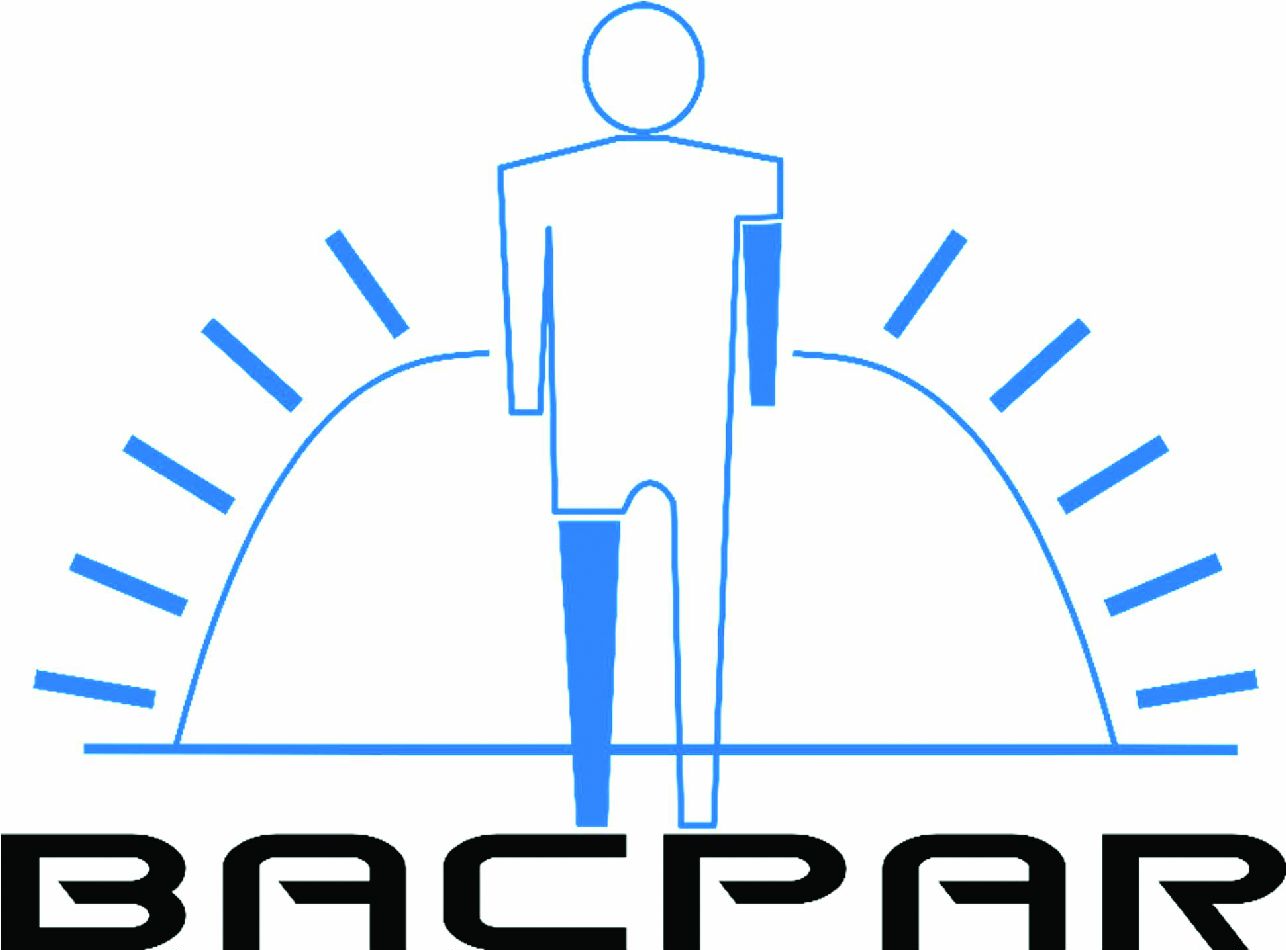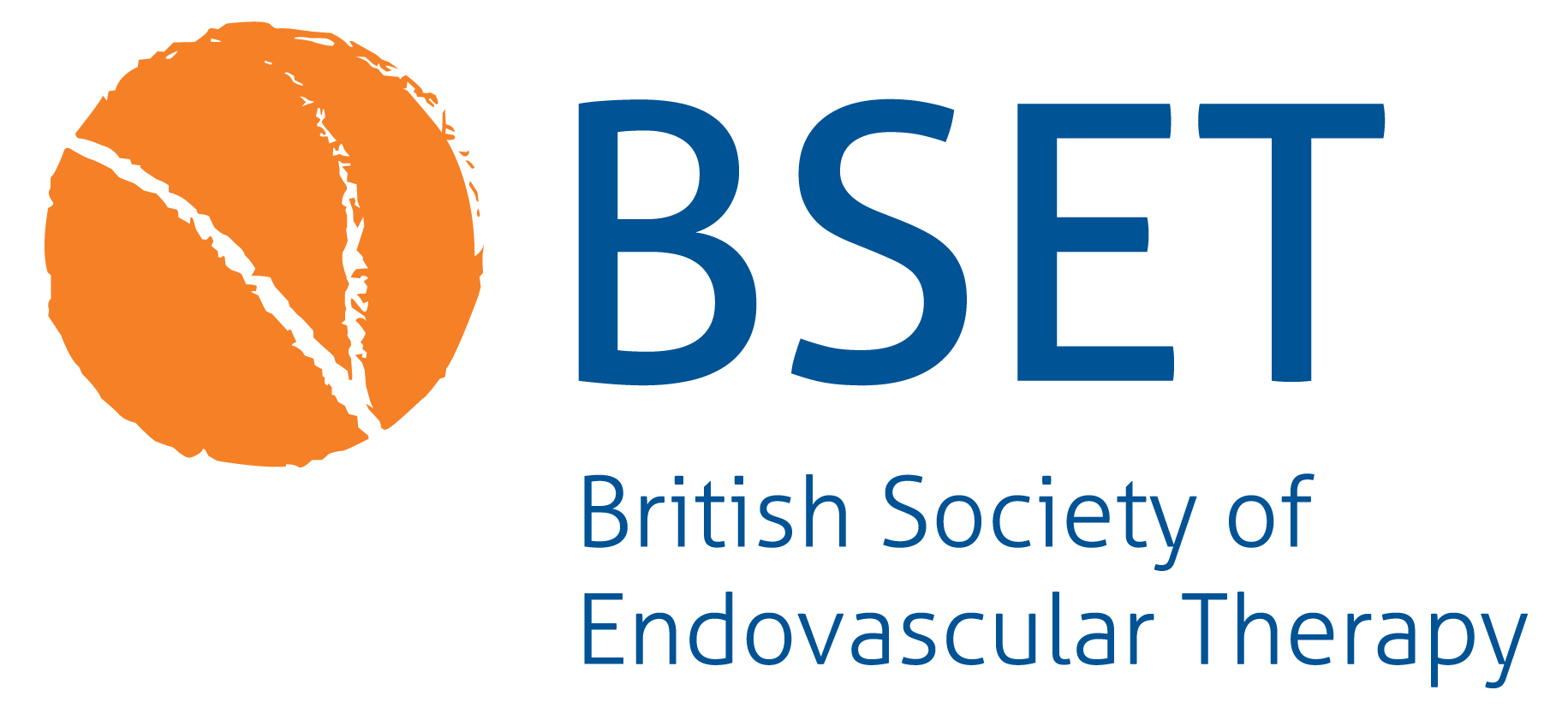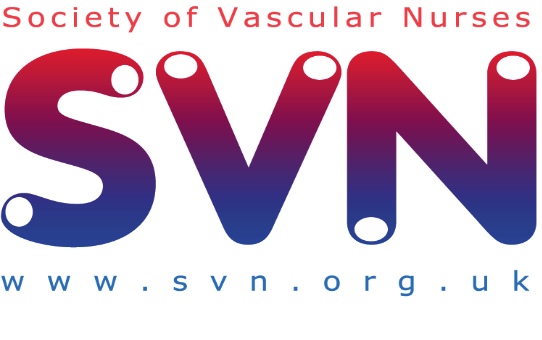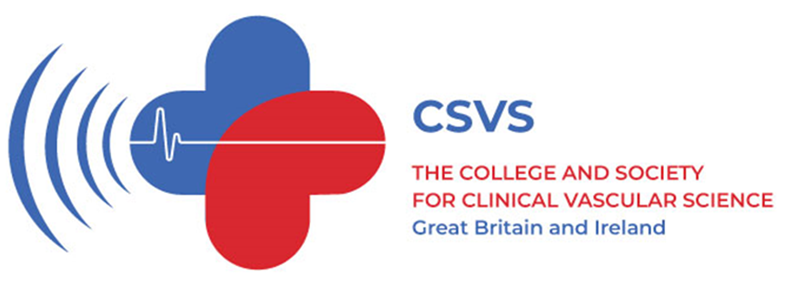Articles
Research priorities for venous conditions: results of the UK Vascular James Lind Alliance Priority Setting Process
Background Venous disease encompasses a range of conditions that vary in severity and, if left unmanaged, can lead to serious conditions such as leg ulcers. This presents a huge economic burden to the NHS, estimated to be between £1bn and £3bn per year for ulcers alone.1–3 Venous disease can negatively impact on quality of life…
Read MoreVascular Research Priorities to Evidence
This meeting provided an opportunity to hear about what has been happening since the UK Vascular Priority Setting Project established a series of ‘top 10’ research priorities for vascular conditions. These important areas for research were identified jointly by patients, carers and vascular health professionals. As a reminder, the full report is available at www.jvsgbi.com1…
Read MoreThe impact of the COronaVIrus Disease 2019 (COVID-19) pandemic on the clinical management of patients with vascular diseases: findings from Tier 3 of the COVID-19 Vascular sERvice (COVER) study
Introduction The COronaVIrus 2019 (COVID-19) pandemic resulted in major changes in medical practice and clinical decision-making. Throughout the pandemic, the decision of whether, and how, to offer medical or surgical treatments was influenced by several factors such as COVID-19 positivity, patients’ risk of contracting COVID-19 whilst receiving treatment, resource rationing, staff shortages and government guidelines.1,2…
Read MoreEditor’s foreword
Welcome to the fourth issue of the Journal of Vascular Societies Great Britain and Ireland (JVSGBI). We are really delighted with the response to the journal, and the interest that has been demonstrated by the number of articles that are submitted, and the stats and downloads etc. from the website. This issue includes two editorials,…
Read MoreDeprivation and supervised exercise for intermittent claudication
Introduction Intermittent claudication is ischaemic muscle pain resulting from impeded arterial blood flow that is precipitated by exercise and relieved by rest. It is thought to have a prevalence of up to 10%.1 National and international guidelines recommend supervised exercise, in conjunction with risk modification through lifestyle changes and best medical therapy, as first-line management…
Read More










